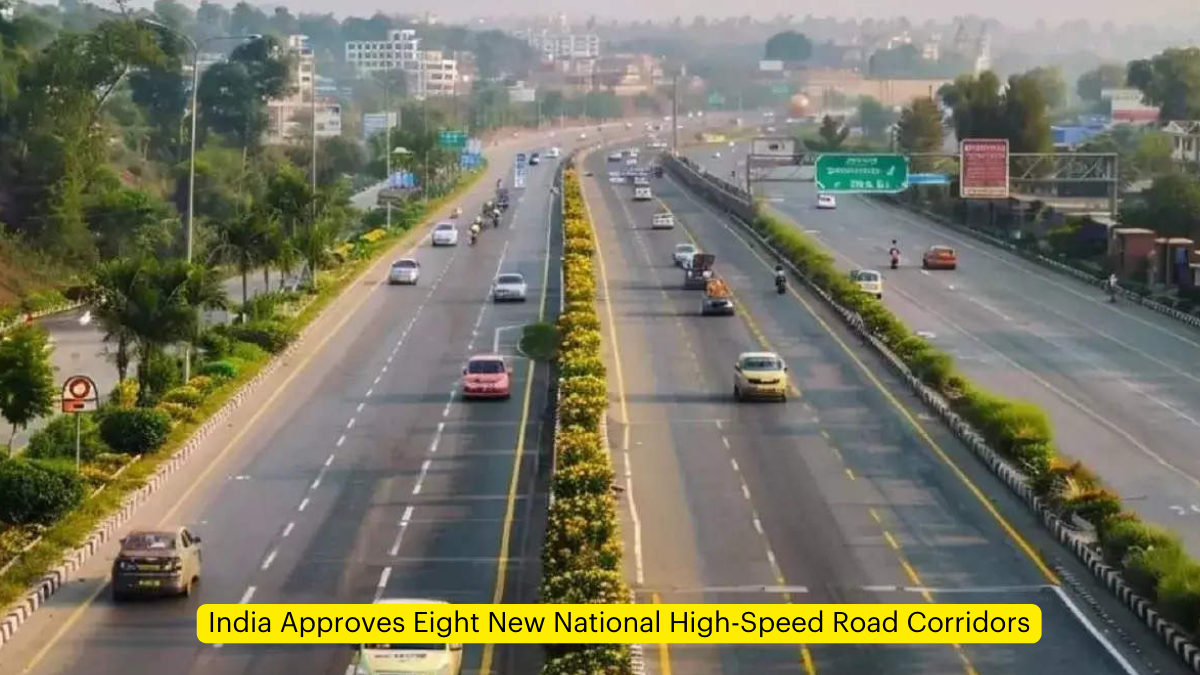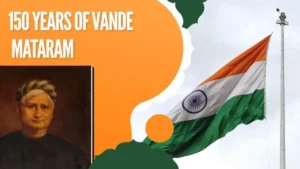On August 2, 2024, the Government of India took a significant step towards enhancing the country’s transportation infrastructure. The Cabinet Committee on Economic Affairs (CCEA), chaired by Prime Minister Narendra Modi, approved the construction of eight new national high-speed corridor projects. This decision marks a pivotal moment in India’s ongoing efforts to modernize and expand its road network to meet current and future demands.
Project Overview and Economic Impact
Scale and Investment
The approved projects encompass a total of 936 kilometers of new road construction across various parts of India. The government has allocated a substantial budget of Rs 50,655 crore for these initiatives, underscoring the magnitude and importance of this infrastructure development plan.
Employment Generation
Beyond the immediate benefits to transportation, these projects are expected to create significant employment opportunities. Estimates suggest that the construction phase alone will generate approximately 4.42 crore mandays of employment, providing a substantial boost to the job market and local economies along the project routes.
Detailed Breakdown of Approved Corridors
The eight approved projects vary in scale and design, catering to diverse regional needs and traffic demands. They are categorized as follows:
1. 8-Lane Project
Nashik Phata – Khed Elevated Road Corridor near Pune, Maharashtra
- Length: 30 km
- Cost: Rs 7,827 crore
2. 6-Lane Projects
Agra-Gwalior Project
- Length: 88 km
- Cost: Rs 4,613 crore
- Key benefit: Improved connectivity to tourist destinations in Uttar Pradesh and Madhya Pradesh
Tharad—Deesa—Mehsana—Ahmedabad Corridor
- Length: 214 km
- Cost: Rs 10,534 crore
- Strategic importance: Connects the Gujarat—Amritsar—Jamnagar Corridor and Delhi—Mumbai Expressway, facilitating freight movement to major Maharashtra ports
Kanpur Ring Road
- Length: 47 km
- Cost: Rs 3,298 crore
3. 4-Lane Projects
Ayodhya Ring Road, Uttar Pradesh
- Length: 68 km
- Cost: Rs 3,935 crore
- Purpose: Reduce congestion on National Highways passing through Ayodhya
Kharagpur—Moregram Road, West Bengal
- Length: 231 km
- Cost: Rs 10,247 crore
- Benefit: Improved connectivity between West Bengal, Odisha, Andhra Pradesh, and the Northeast
Pathalgaon and Gumla section of the Raipur-Ranchi corridor
- Length: 137 km
- Cost: Rs 4,473 crore
- Impact: Enhanced connectivity between mining areas and industrial zones in multiple states
Northern Guwahati bypass, Assam
- Length: 121 km
- Cost: Rs 5,729 crore
- Notable feature: Includes construction of a bridge over the Brahmaputra River
India’s Road Network: Current Status and Context
To fully appreciate the significance of these new projects, it’s essential to understand the current state of India’s road infrastructure:
- India boasts the second-largest road network globally, following the United States.
- As of December 31, 2022, India’s total road network spans 63.32 lakh kilometers.
- National Highways constitute 1,44,955 km of this network.
The road network composition (as of March 31, 2019):
- National Highways: 2.09%
- State Highways: 2.84%
- Rural roads: 71.42%
- District roads: 9.68%
- Urban roads: 8.55%
64.70% of India’s roads are surfaced.
Leading States in National Highway Infrastructure
- Maharashtra: 18,459.25 km (102 National Highways)
- Uttar Pradesh: 12,270.23 km (88 National Highways)
- Rajasthan: 10,706.34 km (52 National Highways)
- Madhya Pradesh: 9,104.64 km (46 National Highways)




 Release Dates Announced for India's New ...
Release Dates Announced for India's New ...
 MHA Updates Rules on Order of National S...
MHA Updates Rules on Order of National S...
 No-Confidence Motion Against Om Birla! H...
No-Confidence Motion Against Om Birla! H...








